History

233 products

Idle Times
Subscription access
Beginning in the late 19th century, the history of baseball tells the story of the transformation of pastures and mindsets in North America. Slow and repetitive, the game makes ample room for daydreaming and boasting. Full-bodied and mannered, it evokes the vastness of a new continent while also recalling its British origins. Filmed at the Victoria Stadium in Quebec and developed with the colla...

Shadows of Spring
Subscription access
Emerging from the multiple perspective of this film, a memory of a neighbourhood is recreated which tells of the fragility of working class habitats. Residents and workers from southwest Montreal recount its tragic history: The immigration and settling of the Irish in the 19th century; the expropriation of Griffintown; the destruction of Goose Village; the industrial decline of Pointe-Saint Ch...
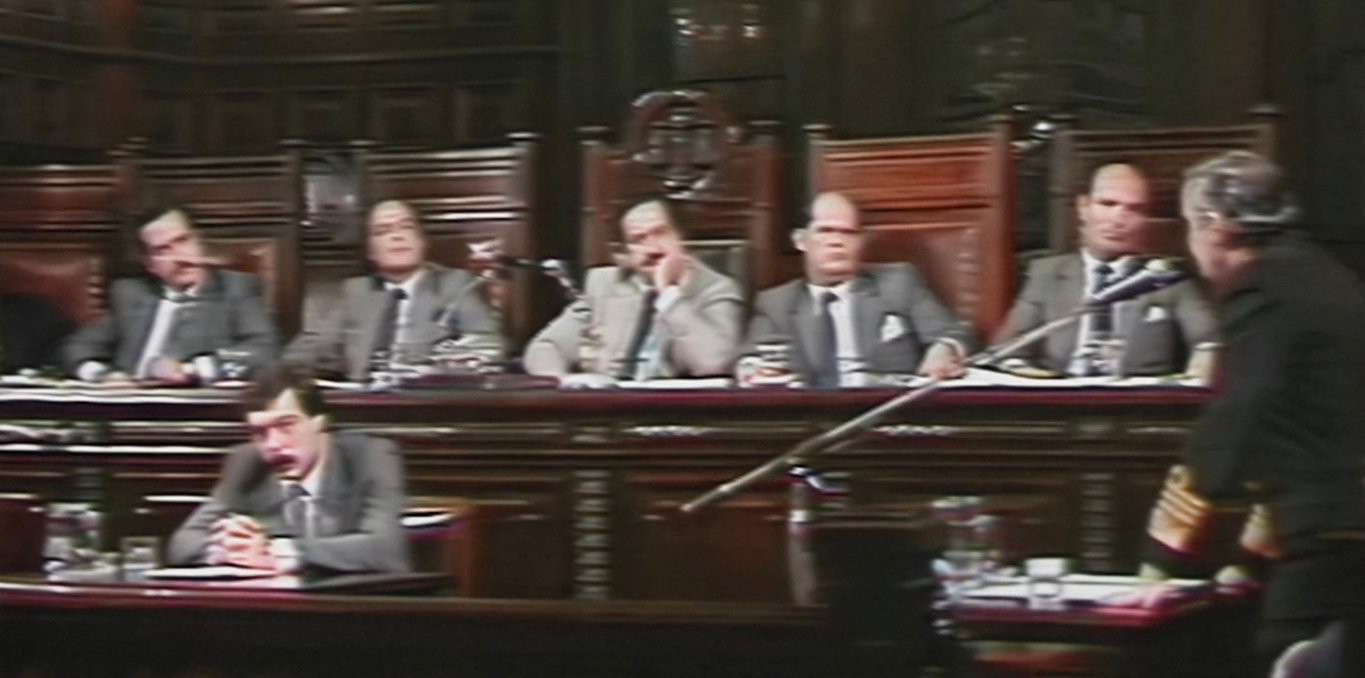
The Trial
Duration: 5h54
Subscription access
Following the collapse of the Argentinian dictatorship, the new democratically elected government held a judicial trial of nine high-ranking representatives of the military Junta. The accused were prosecuted with crimes that included kidnapping, torture, forced disappearance, and the murder of over 8000 thousand people from 1976-1983. The trial was recorded for broadcast television on over 500 ...
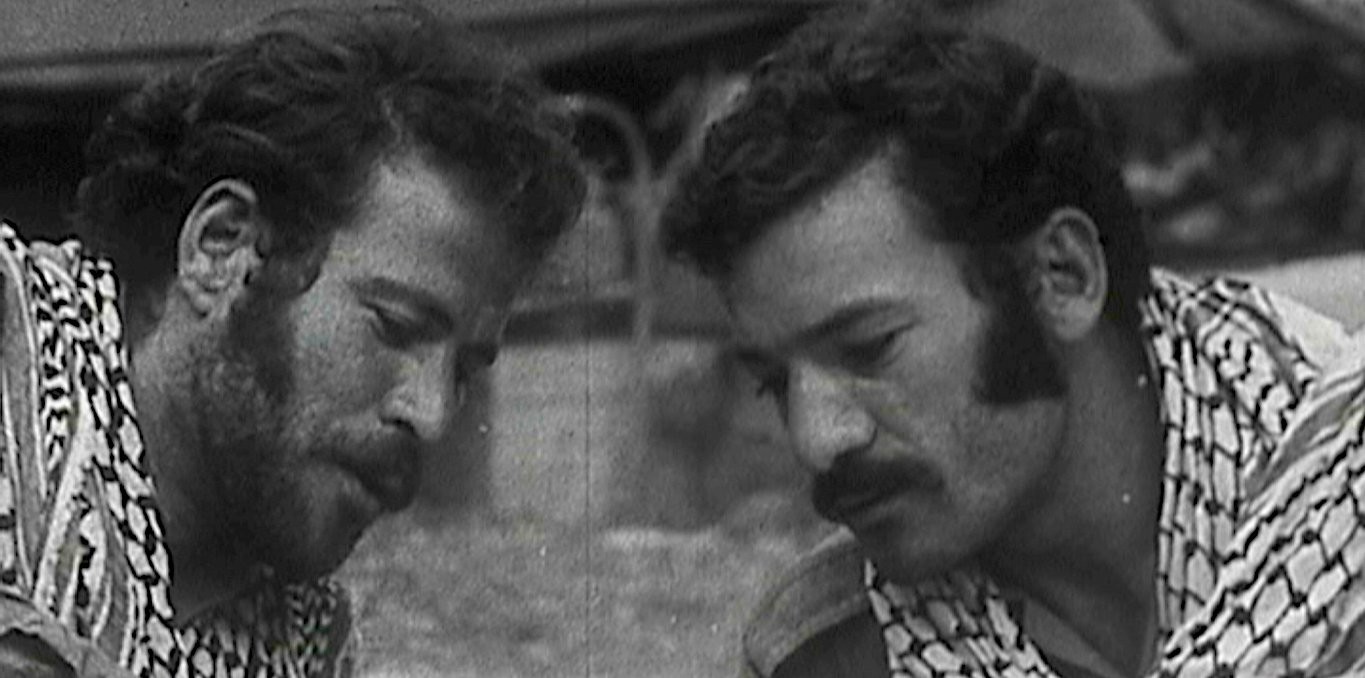
They Do Not Exist
Subscription access
Life in the Nabatia refugee camp in Southern Lebanon, accompanied by a voice-over reading a letter written to a _fedayeen_ (Palestinian fighter). A response to Israeli Prime Minister Golda Meir, who declared that the Palestinian people did not exist.
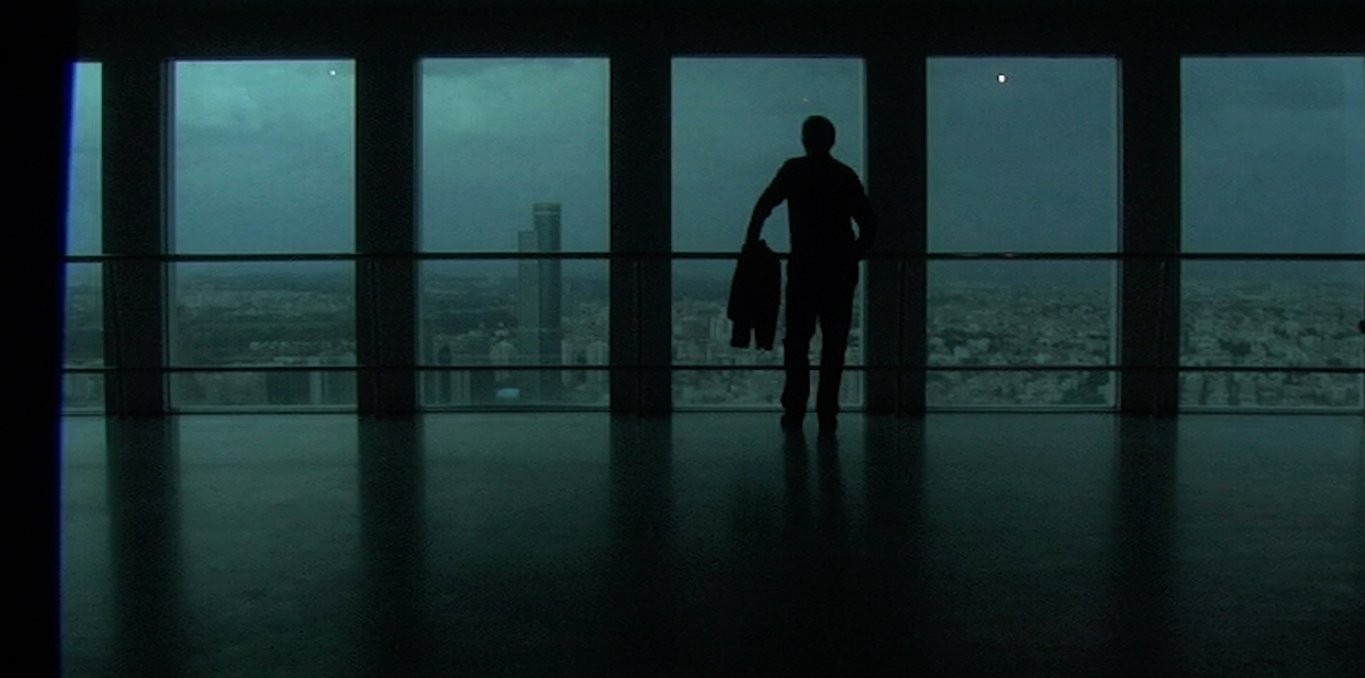
The Roof
Subscription access
Straddling documentary and filmed autobiography, this deceptively tranquil film portrays the family of filmmaker Kamal Aljafari in Ramla and Jaffa, through the calm yet unceasing movements of a camera drifting through the rooms of abandoned, damaged, or ruined houses. The title refers to the missing roof of the house where the director’s family settled in 1948—a home left unfinished, a construc...
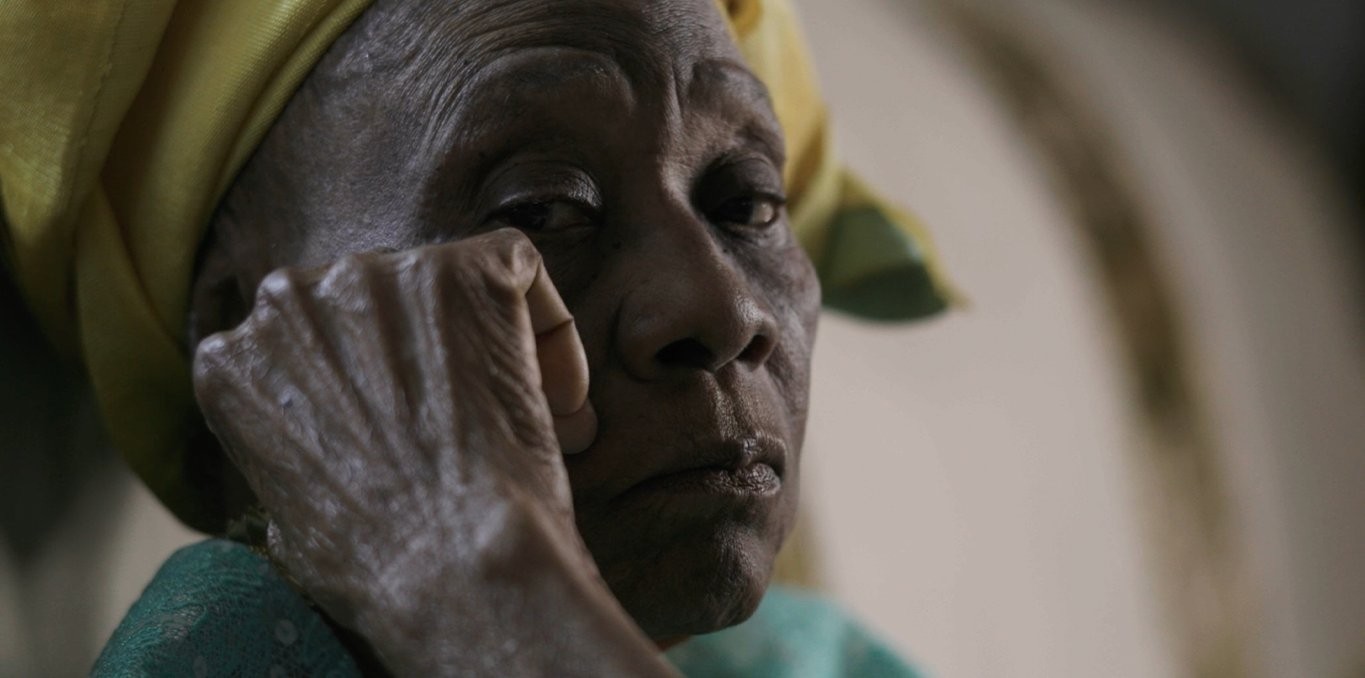
record found here
Subscription access
Ten years ago, lanaire aderemi’s grandmother told her about the Egba Women’s Revolt, a resistance movement against colonial taxation in the late 1940s in Abeokuta, Nigeria. Inspired by this story, lanaire explores archival documents, historical sites and oral testimonies to document the imaginative and revolutionary spirit of Abeokuta women in the 1940s.
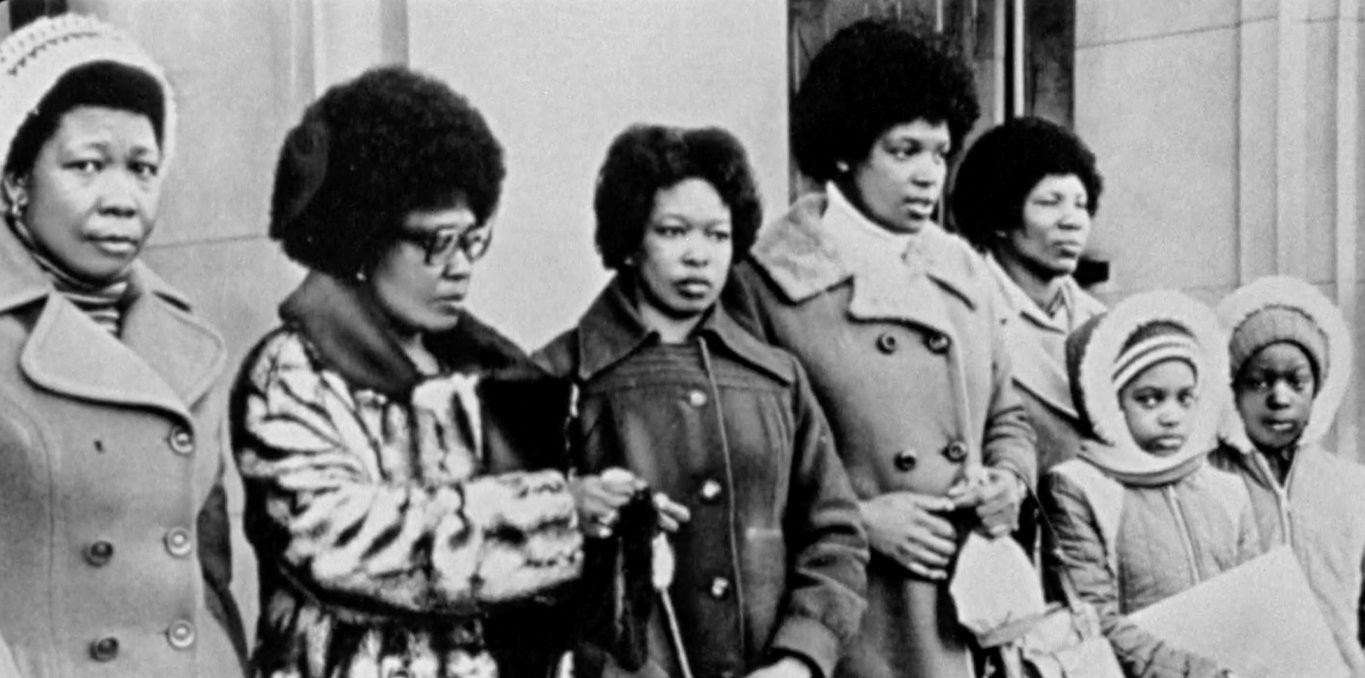
Sisters in the Struggle
Subscription access
This documentary features Black women active in politics as well as in community, labour, and feminist organizing. They share their insights and personal testimonies on the dual legacy of racism and sexism, linking their lived experiences to the ongoing struggle to end systemic discrimination and violence against women and people of colour.
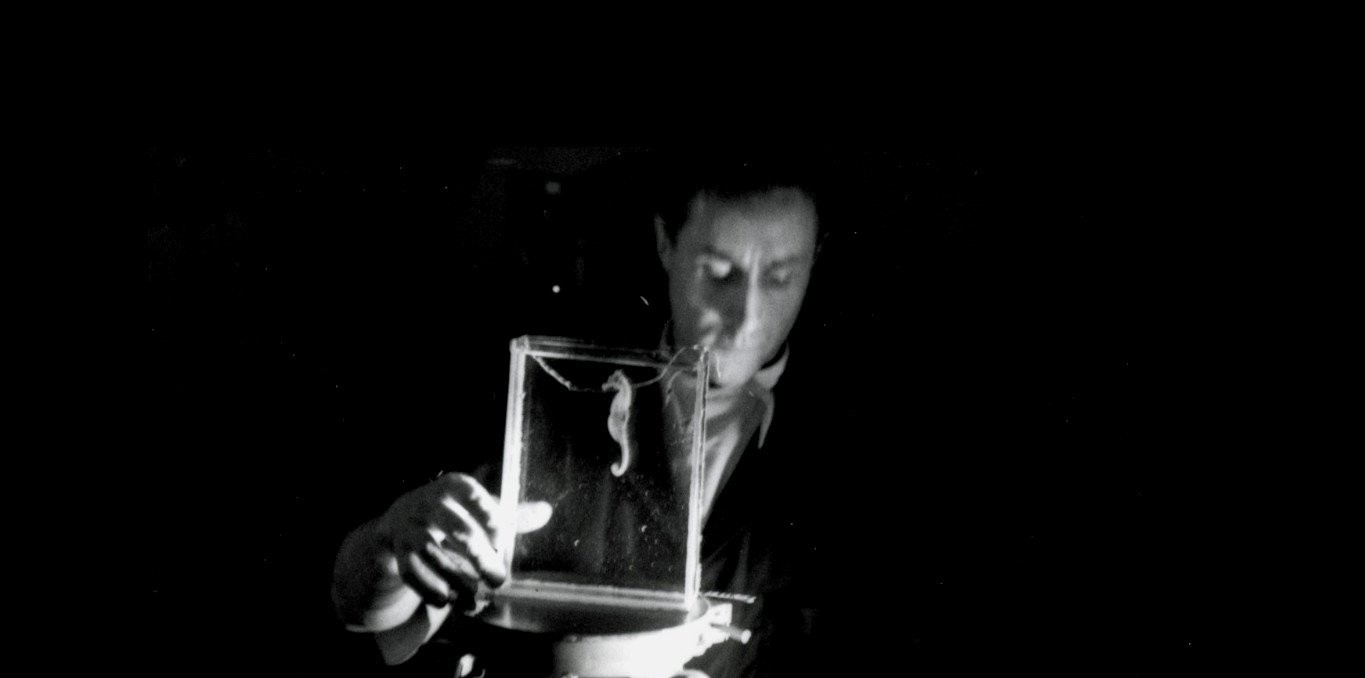
Jean Painlevé, fantaisie pour biologie marine
Jean Painlevé, fantaisie pour biologie marine
Duration: 53 minutesSubscription access
_Jean Painlevé, fantaisie pour biologie marine_ traces the life and work of a man who played an essential role in the history of cinema. This atypical filmmaker, steeped in both scientific research and avant-garde thinking, was close to Jean Vigo, Alexander Calder, Luis Buñuel, and Sergei M. Eisenstein. He was able to create a dialogue between two disciplines: art and science. Thanks to their a...
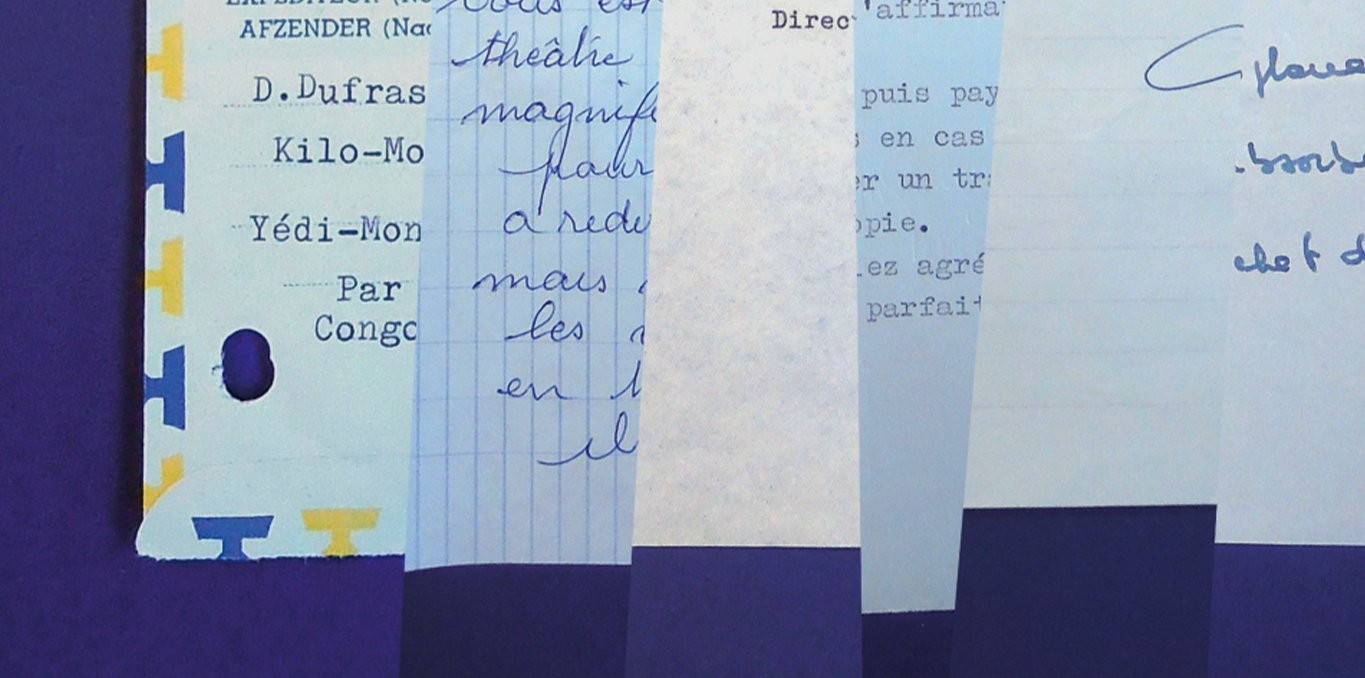
Monsieur le Directeur
Subscription access
“Mr. Director...” This is how letters addressed to the Director of Belgian public radio between 1958 and 1968 began. Any excuse was good enough to put pen to paper: a listener complained about the broadcast of a song with lyrics deemed too risqué, a young girl wondered how to become an announcer, factory workers wanted to hear more operettas during their lunch break, and so on. During this deca...
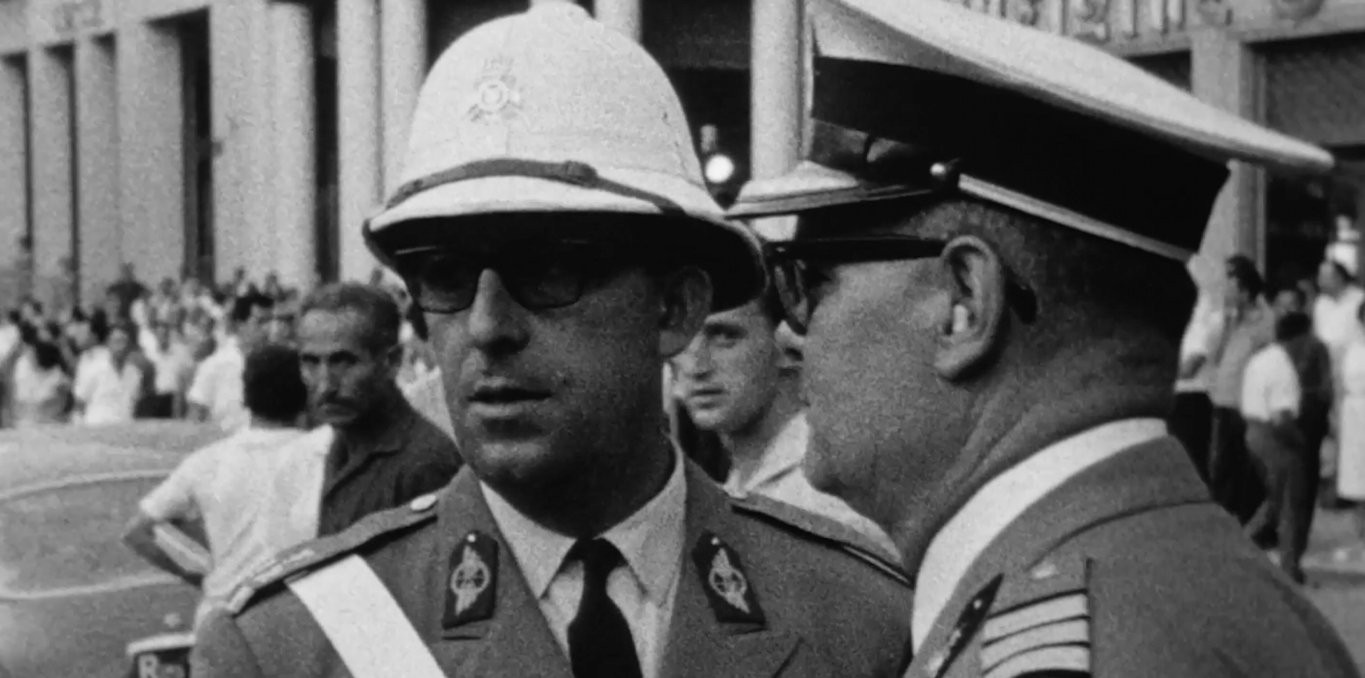
From Greece
Greece, filmed at a pivotal moment in its history, just before the 1967 military coup — a country where tensions between fascism and anti-fascism persisted after the war and erupted in a confused search for a truly free future. Nestler films the Greek people with respect and sensitivity, creating one of his masterpieces, built on a rigorous interplay between candid footage, commentary, and docu...
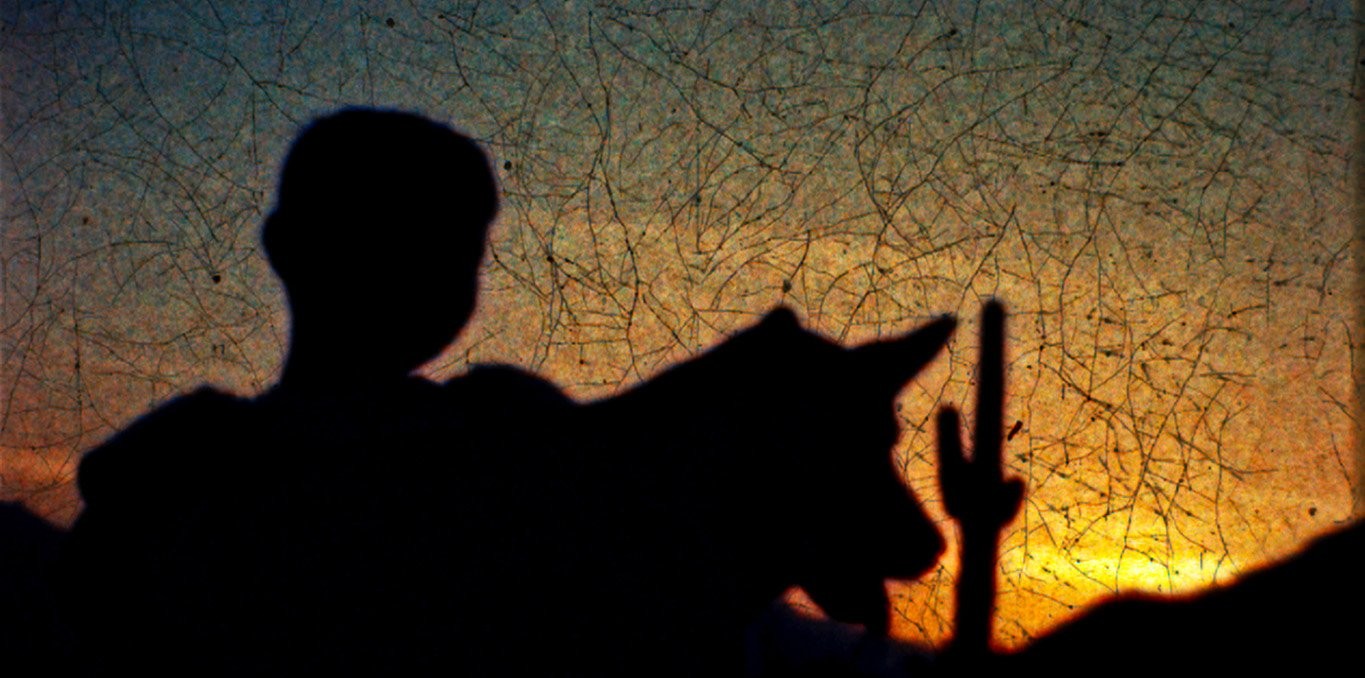
American Journal
Remember America. Remember the cities, the houses, all the people, the arrivals, the departures, the children coming, the children leaving, death, life, movement, speech. Remember the deep inner sigh of everything that lives in America. Bend down. Pick up what others have lost from life. And do something with it...
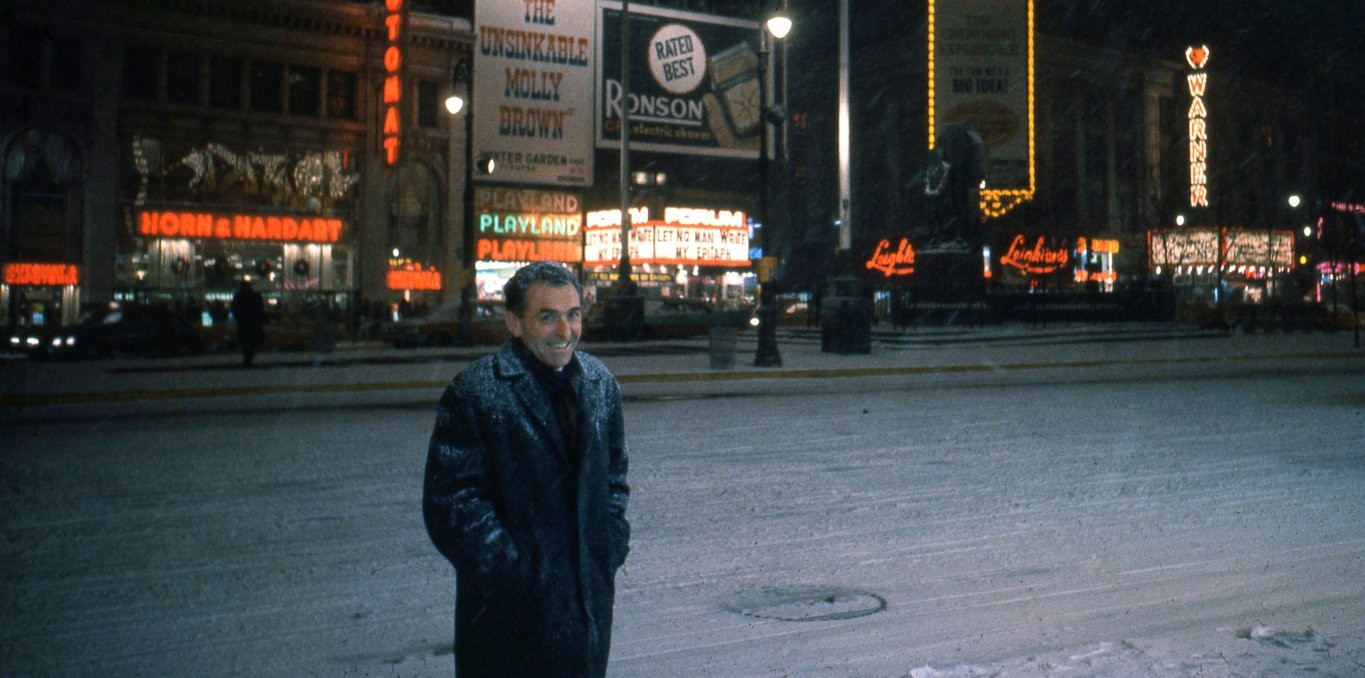
Robert Doisneau: Through the Lens
Robert Doisneau: Through the Lens
Subscription accessBased on never-before-seen archives, this film written and directed by the photographer's granddaughter paints an intimate portrait of the man and the artist who joyfully intertwined his family and professional life to build an exemplary body of work. _Robert Doisneau: Through the Lens_ tells the story of how this child from the Parisian suburbs became one of the world's most famous photographers.
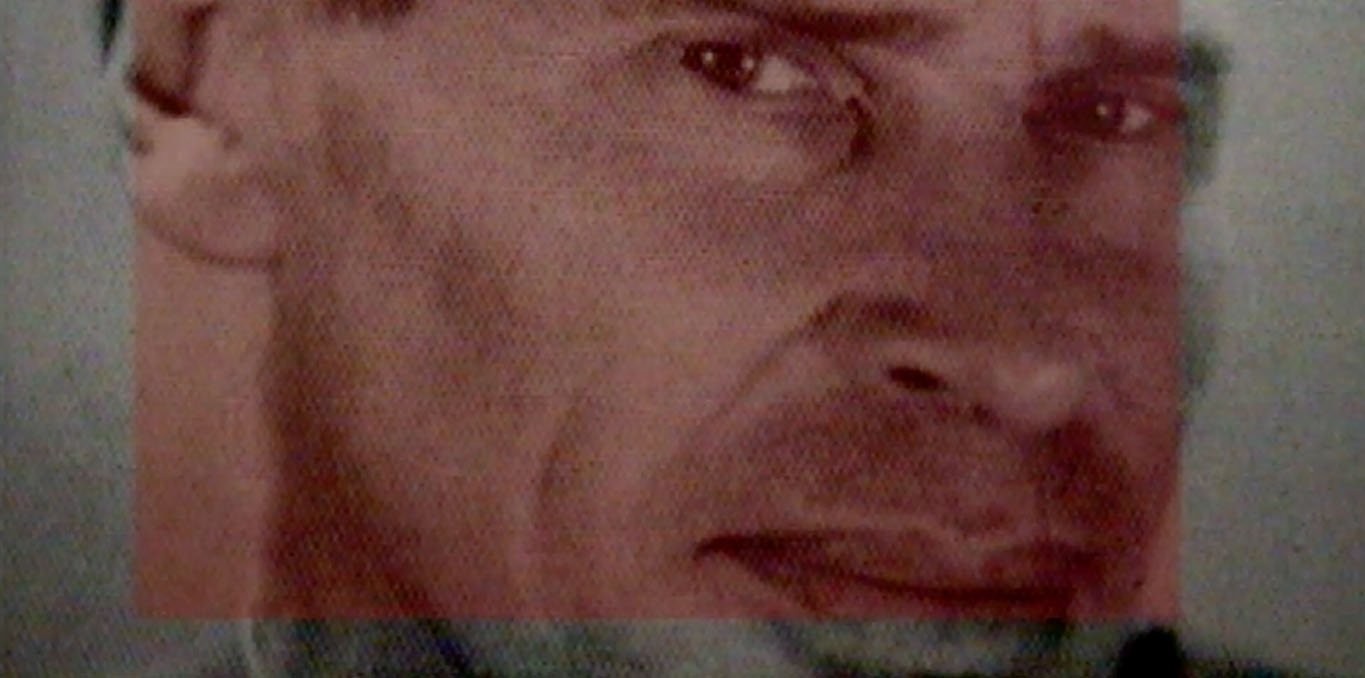
The Last Bolshevik
Based on the life and work of the Russian film director Alexander Medvedkin (1900-1989), \_The Last Bolshevik\_ is a tribute from one filmmaker to another. An archeological expedition into film history that reveals new cinematic treasures, the film prompts a reflection on the relation between art and politics in the former Soviet Union.
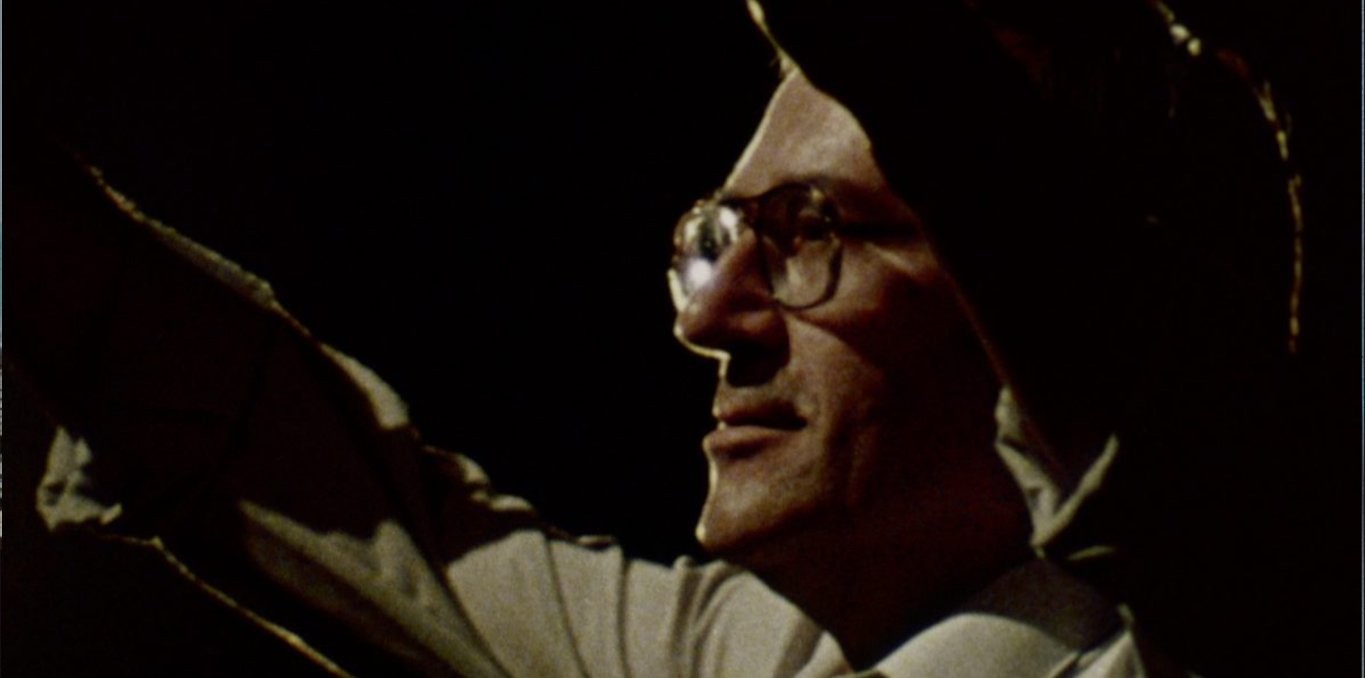
Miron: a Man Returned from Outside the World
Miron: a Man Returned from Outside the World
Subscription access« Tous les pays qui n’ont plus de légendes seront condamnés à mourir de froid. » C’est par la découverte de cette phrase que Gaston Miron comprend ce que doit être sa poésie : une façon de donner à son pays une légende au futur, un projet global. Véritable fresque esthétique alliant le portrait, le documentaire politique et le cinéma expérimental, "Miron : Un homme revenu d’en dehors du monde" ...
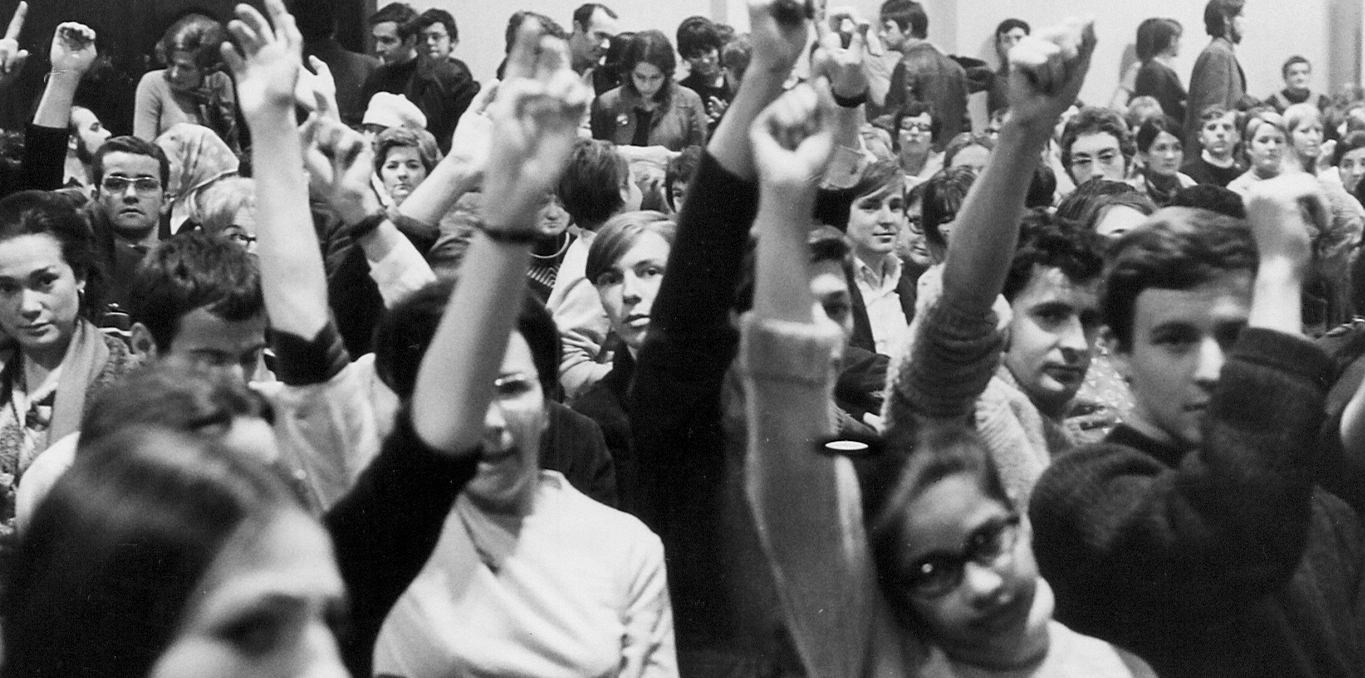
La république des Beaux-Arts - La malédiction de la momie
La république des Beaux-Arts - La malédiction de la momie
Duration: 2h30Subscription access
This film traces the history of the École des beaux-arts de Montréal, from its founding in 1923 to its dissolution in 1969, when it was integrated into the Université du Québec à Montréal. At that time, tensions were rising within the education system: CEGEPs and universities were being occupied by students. In this climate of protest, the students of the École des beaux-arts seized control of ...
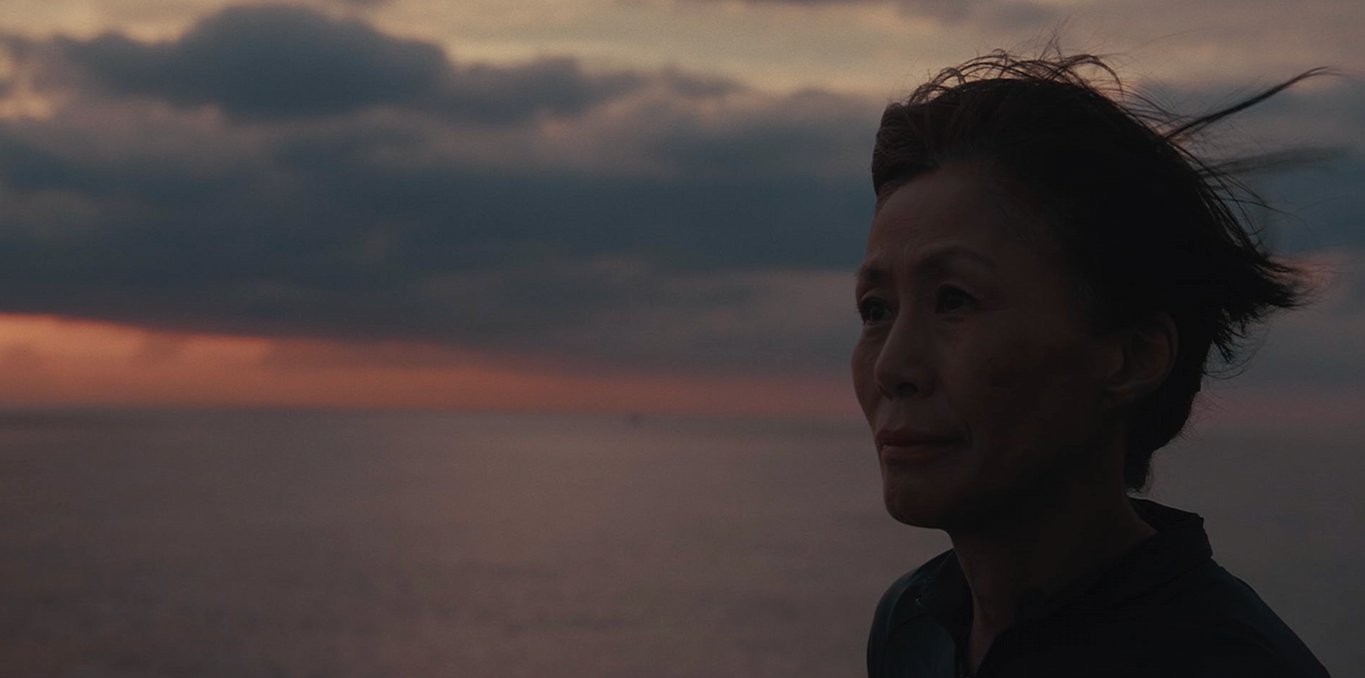
Okurimono
Subscription access
Noriko Oi, a Japanese Canadian who has lived in Montreal for more than 20 years, is preparing to return to Nagasaki, her hometown, to help her siblings clear out the family home that will soon be sold. Within the walls of this old house lie fragments of the Oi family’s history. Noriko decides to reconstruct the past of her mother, Mitsuko, an atomic bomb survivor, in the hope of coming to terms...
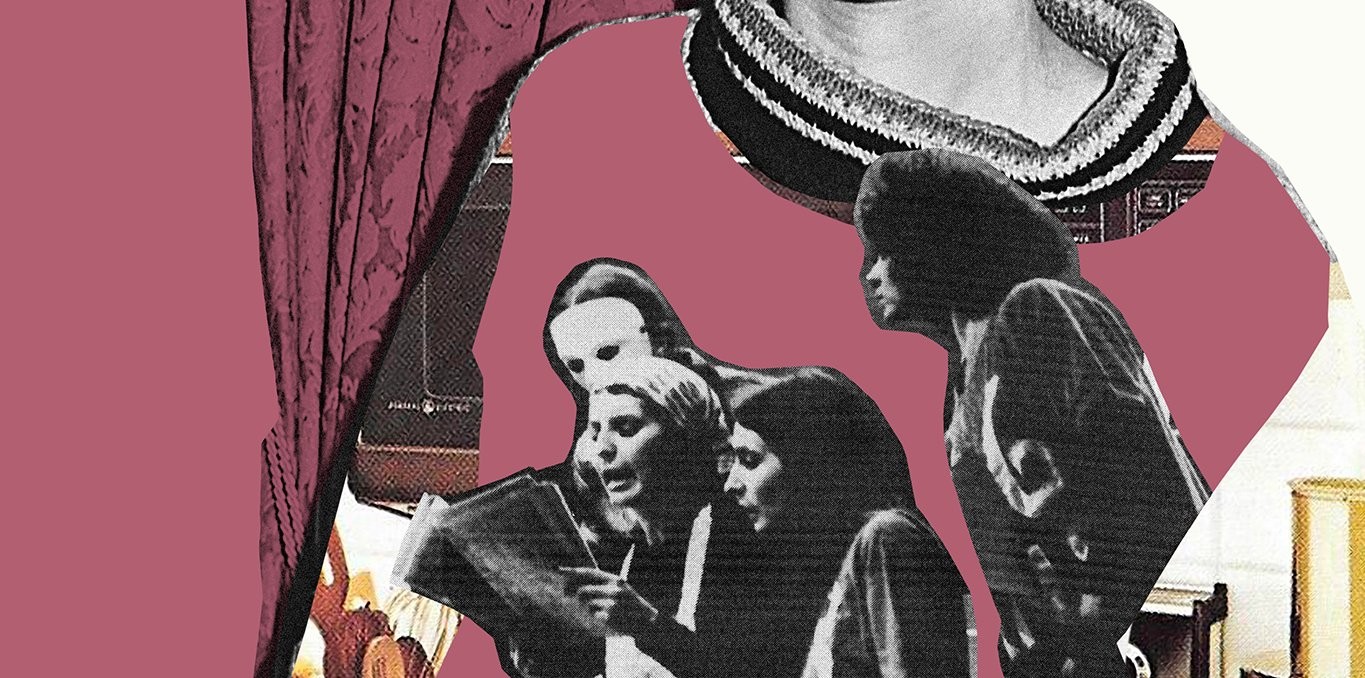
Nous sortirons de nos cuisines - Épisode 4 - Épilogue : on a réussi, mais on n’a pas fini (1982-2024)
Subscription access
Within the troupe, the wave of departures that began around _As-tu vu? Les maisons s’emportent!_ continues, and paths diverge. Activism is a never-ending task: sometimes, it’s exhausting. In 2006, thirty years after the March 8, 1976 speech that closes the first episode of _Nous sortirons de nos cuisines_, Québécois women won their battle for free access to abortion: from then on, voluntary ter...
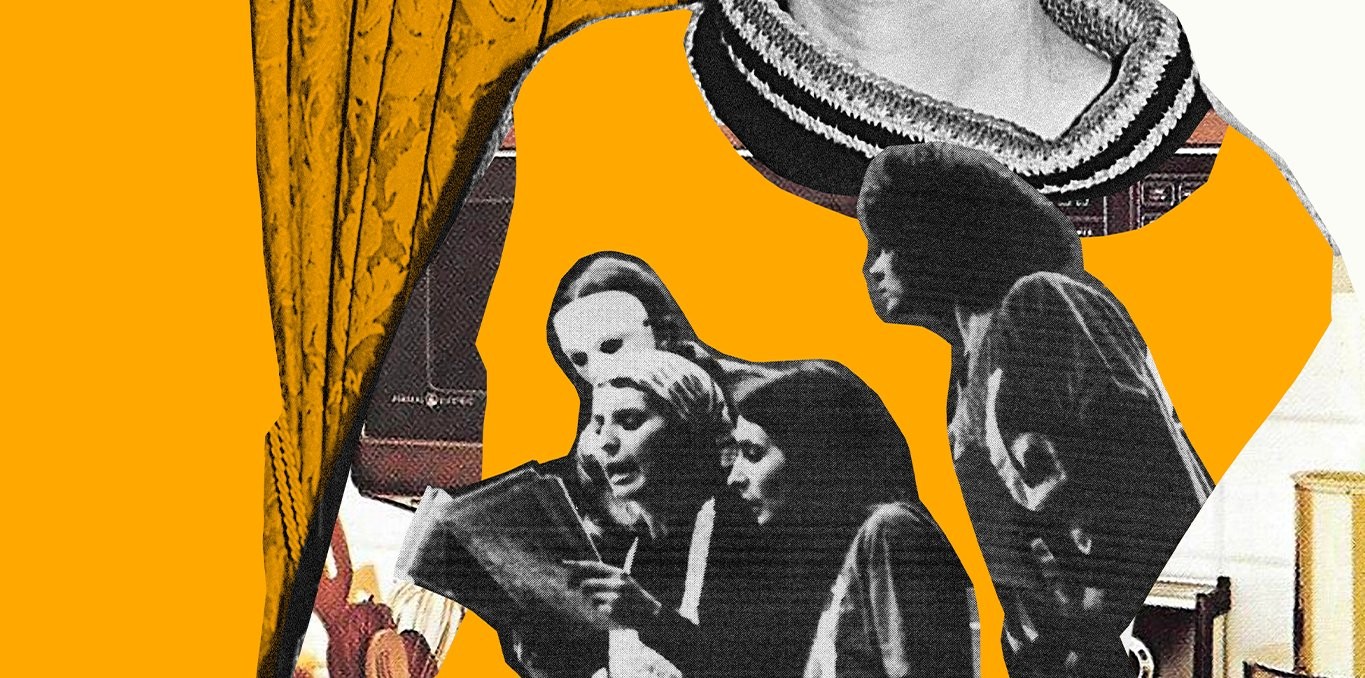
Nous sortirons de nos cuisines - Épisode 3 - As-tu vu? Les maisons s’emportent! (1979-81)
Nous sortirons de nos cuisines - Épisode 3 - As-tu vu? Les maisons s’emportent! (1979-81)
Duration: 1h00Subscription access
The premiere of _As-tu vu? Les maisons s’emportent!_ takes place 10 days before the first referendum on Quebec sovereignty. A wave of conservatism is sweeping the West: privatization policies benefit those who already have everything, and we witness the gradual dismantling of the state and the common good. Carole Fréchette suggests: “What if we made a play? But this time, we should make a play ...
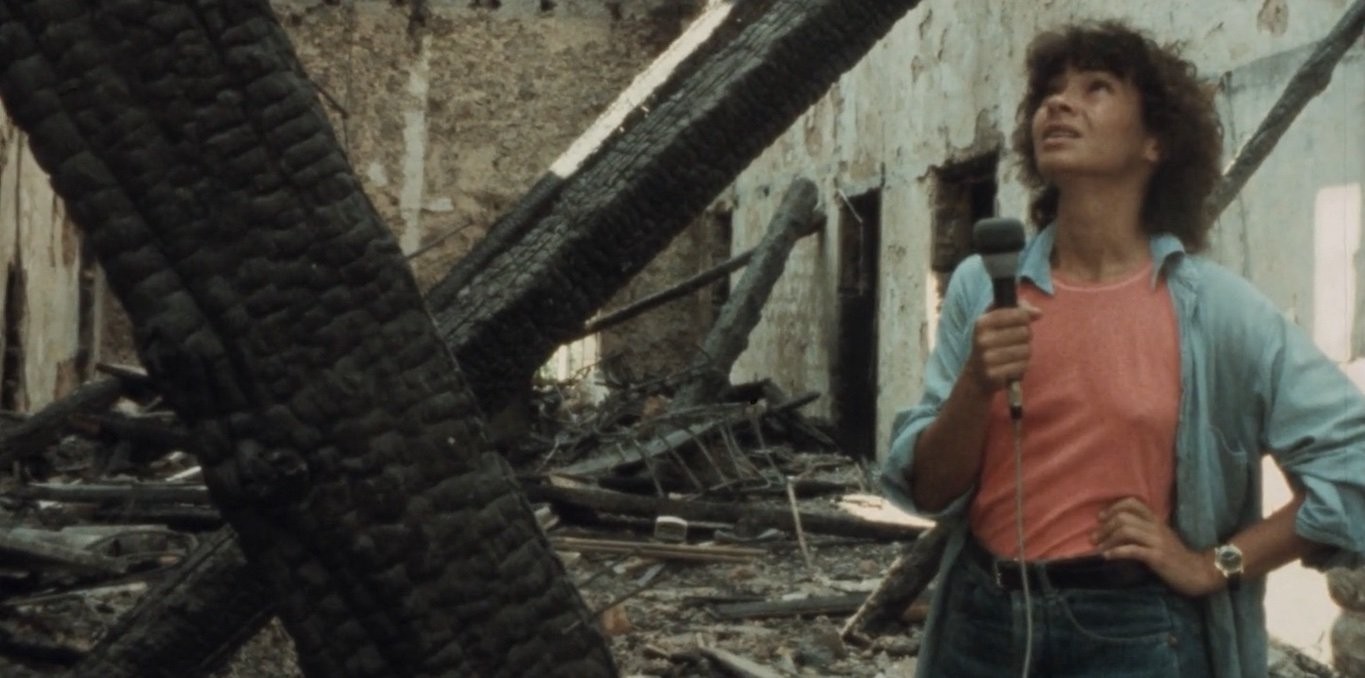
Beirut, My City
Subscription access
In 1982, Jocelyne Saab's 150-year-old family home burns down. In tandem with the Lebanese playwright Roger Assaf, she decided to travel through her city, which was under siege by the Israelis, and to report on the situation in Beirut, the departure of the Palestinians and the incomprehension of the civilians who were suffering from the war.
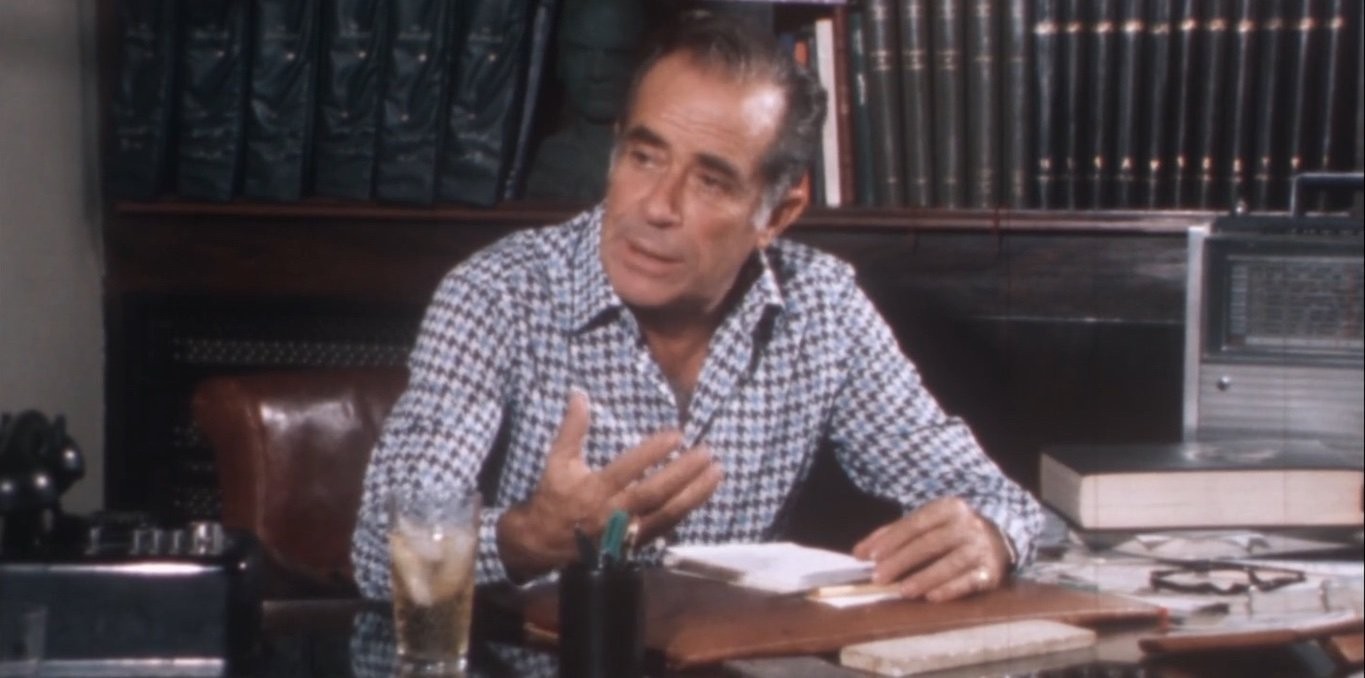
For a Few Lives
Subscription access
Portrait of Raymond Eddé, a candidate in the Lebanese presidential elections and a staunch opponent of the sectarian war. During the 1975–1976 conflicts, he and his team actively searched for those who had gone missing in the war, whether Christian, Druze, or Muslim.

Idle Times
Subscription access
Beginning in the late 19th century, the history of baseball tells the story of the transformation of pastures and mindsets in North America. Slow and repetitive, the game makes ample room for daydreaming and boasting. Full-bodied and mannered, it evokes the vastness of a new continent while also recalling its British origins. Filmed at the Victoria Stadium in Quebec and developed with the colla...

Shadows of Spring
Subscription access
Emerging from the multiple perspective of this film, a memory of a neighbourhood is recreated which tells of the fragility of working class habitats. Residents and workers from southwest Montreal recount its tragic history: The immigration and settling of the Irish in the 19th century; the expropriation of Griffintown; the destruction of Goose Village; the industrial decline of Pointe-Saint Ch...

The Trial
Duration: 5h54
Subscription access
Following the collapse of the Argentinian dictatorship, the new democratically elected government held a judicial trial of nine high-ranking representatives of the military Junta. The accused were prosecuted with crimes that included kidnapping, torture, forced disappearance, and the murder of over 8000 thousand people from 1976-1983. The trial was recorded for broadcast television on over 500 ...

They Do Not Exist
Subscription access
Life in the Nabatia refugee camp in Southern Lebanon, accompanied by a voice-over reading a letter written to a _fedayeen_ (Palestinian fighter). A response to Israeli Prime Minister Golda Meir, who declared that the Palestinian people did not exist.

The Roof
Subscription access
Straddling documentary and filmed autobiography, this deceptively tranquil film portrays the family of filmmaker Kamal Aljafari in Ramla and Jaffa, through the calm yet unceasing movements of a camera drifting through the rooms of abandoned, damaged, or ruined houses. The title refers to the missing roof of the house where the director’s family settled in 1948—a home left unfinished, a construc...

record found here
Subscription access
Ten years ago, lanaire aderemi’s grandmother told her about the Egba Women’s Revolt, a resistance movement against colonial taxation in the late 1940s in Abeokuta, Nigeria. Inspired by this story, lanaire explores archival documents, historical sites and oral testimonies to document the imaginative and revolutionary spirit of Abeokuta women in the 1940s.

Sisters in the Struggle
Subscription access
This documentary features Black women active in politics as well as in community, labour, and feminist organizing. They share their insights and personal testimonies on the dual legacy of racism and sexism, linking their lived experiences to the ongoing struggle to end systemic discrimination and violence against women and people of colour.

Jean Painlevé, fantaisie pour biologie marine
Jean Painlevé, fantaisie pour biologie marine
Duration: 53 minutesSubscription access
_Jean Painlevé, fantaisie pour biologie marine_ traces the life and work of a man who played an essential role in the history of cinema. This atypical filmmaker, steeped in both scientific research and avant-garde thinking, was close to Jean Vigo, Alexander Calder, Luis Buñuel, and Sergei M. Eisenstein. He was able to create a dialogue between two disciplines: art and science. Thanks to their a...

Monsieur le Directeur
Subscription access
“Mr. Director...” This is how letters addressed to the Director of Belgian public radio between 1958 and 1968 began. Any excuse was good enough to put pen to paper: a listener complained about the broadcast of a song with lyrics deemed too risqué, a young girl wondered how to become an announcer, factory workers wanted to hear more operettas during their lunch break, and so on. During this deca...

From Greece
Greece, filmed at a pivotal moment in its history, just before the 1967 military coup — a country where tensions between fascism and anti-fascism persisted after the war and erupted in a confused search for a truly free future. Nestler films the Greek people with respect and sensitivity, creating one of his masterpieces, built on a rigorous interplay between candid footage, commentary, and docu...

American Journal
Remember America. Remember the cities, the houses, all the people, the arrivals, the departures, the children coming, the children leaving, death, life, movement, speech. Remember the deep inner sigh of everything that lives in America. Bend down. Pick up what others have lost from life. And do something with it...

Robert Doisneau: Through the Lens
Robert Doisneau: Through the Lens
Subscription accessBased on never-before-seen archives, this film written and directed by the photographer's granddaughter paints an intimate portrait of the man and the artist who joyfully intertwined his family and professional life to build an exemplary body of work. _Robert Doisneau: Through the Lens_ tells the story of how this child from the Parisian suburbs became one of the world's most famous photographers.

The Last Bolshevik
Based on the life and work of the Russian film director Alexander Medvedkin (1900-1989), \_The Last Bolshevik\_ is a tribute from one filmmaker to another. An archeological expedition into film history that reveals new cinematic treasures, the film prompts a reflection on the relation between art and politics in the former Soviet Union.

Miron: a Man Returned from Outside the World
Miron: a Man Returned from Outside the World
Subscription access« Tous les pays qui n’ont plus de légendes seront condamnés à mourir de froid. » C’est par la découverte de cette phrase que Gaston Miron comprend ce que doit être sa poésie : une façon de donner à son pays une légende au futur, un projet global. Véritable fresque esthétique alliant le portrait, le documentaire politique et le cinéma expérimental, "Miron : Un homme revenu d’en dehors du monde" ...

La république des Beaux-Arts - La malédiction de la momie
La république des Beaux-Arts - La malédiction de la momie
Duration: 2h30Subscription access
This film traces the history of the École des beaux-arts de Montréal, from its founding in 1923 to its dissolution in 1969, when it was integrated into the Université du Québec à Montréal. At that time, tensions were rising within the education system: CEGEPs and universities were being occupied by students. In this climate of protest, the students of the École des beaux-arts seized control of ...

Okurimono
Subscription access
Noriko Oi, a Japanese Canadian who has lived in Montreal for more than 20 years, is preparing to return to Nagasaki, her hometown, to help her siblings clear out the family home that will soon be sold. Within the walls of this old house lie fragments of the Oi family’s history. Noriko decides to reconstruct the past of her mother, Mitsuko, an atomic bomb survivor, in the hope of coming to terms...

Nous sortirons de nos cuisines - Épisode 4 - Épilogue : on a réussi, mais on n’a pas fini (1982-2024)
Subscription access
Within the troupe, the wave of departures that began around _As-tu vu? Les maisons s’emportent!_ continues, and paths diverge. Activism is a never-ending task: sometimes, it’s exhausting. In 2006, thirty years after the March 8, 1976 speech that closes the first episode of _Nous sortirons de nos cuisines_, Québécois women won their battle for free access to abortion: from then on, voluntary ter...

Nous sortirons de nos cuisines - Épisode 3 - As-tu vu? Les maisons s’emportent! (1979-81)
Nous sortirons de nos cuisines - Épisode 3 - As-tu vu? Les maisons s’emportent! (1979-81)
Duration: 1h00Subscription access
The premiere of _As-tu vu? Les maisons s’emportent!_ takes place 10 days before the first referendum on Quebec sovereignty. A wave of conservatism is sweeping the West: privatization policies benefit those who already have everything, and we witness the gradual dismantling of the state and the common good. Carole Fréchette suggests: “What if we made a play? But this time, we should make a play ...

Beirut, My City
Subscription access
In 1982, Jocelyne Saab's 150-year-old family home burns down. In tandem with the Lebanese playwright Roger Assaf, she decided to travel through her city, which was under siege by the Israelis, and to report on the situation in Beirut, the departure of the Palestinians and the incomprehension of the civilians who were suffering from the war.

For a Few Lives
Subscription access
Portrait of Raymond Eddé, a candidate in the Lebanese presidential elections and a staunch opponent of the sectarian war. During the 1975–1976 conflicts, he and his team actively searched for those who had gone missing in the war, whether Christian, Druze, or Muslim.
